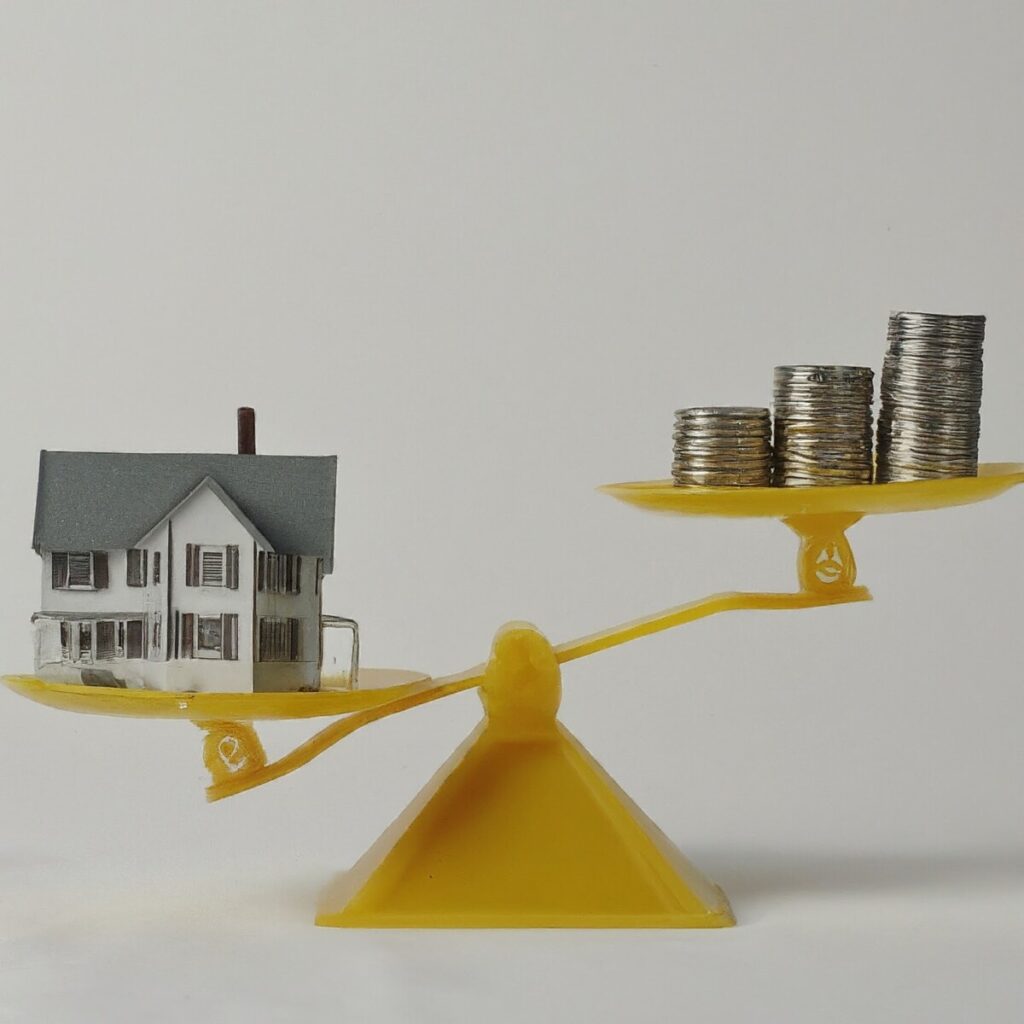Property valuation is an important procedure in the real estate process, whether you’re buying, selling, or refinancing. Understanding the various factors influencing your property’s valuation can provide valuable insights into its worth in the current market. While location and size are important considerations, appraisers take into account a multitude of other elements. In this article, we’ll delve into the top factors that play an important role in determining the value of your property, shedding light on how you can enhance its appraisal.
Location: The Cornerstone of Valuation
The Impact of Location on Property Valuation
Arguably, one of the most critical aspects influencing property valuation is its location. Proximity to amenities, good schools, public transport, and low crime rates contribute positively to a property’s value. Homes in desirable neighborhoods or stunning views tend to command higher prices. Conversely, properties near industrial areas or with limited access to essential services may need help achieving a favorable valuation.
Size and Layout: Making Every Square Foot Count
Maximizing Space Efficiency
Size matters in property valuation. Larger homes generally have higher valuations, but it’s about more than just overall square footage. The layout and flow of a property play a crucial role. Homes with well-designed, functional spaces tend to appraise higher. Factors such as the number of bedrooms and bathrooms and additional features like walk-in closets or a dedicated office space can significantly impact a property’s value.
Condition and Upgrades: Investing in Your Property’s Future
Renovations and Their Impact on Valuation
The condition of your property is another key consideration for appraisers. Well-maintained homes with modern amenities and updated systems generally receive higher valuations. Renovations that improve a property’s functionality, energy efficiency, and aesthetics can yield a positive return on investment during valuation. Conversely, neglecting maintenance or having outdated features can lead to a lower appraisal value.
Read More:
How to Optimize Rental Income for Motor Rentals
The Power of Marketing Strategy for Startup Companies
Market Trends: Riding the Real Estate Wave
Staying Informed About Market Trends
Broader market trends also influence property valuations. During a seller’s market, where demand outpaces supply, properties tend to appraise higher. Conversely, valuations with excess available properties may be more conservative in a buyer’s market. Staying informed about current market conditions in your area can help you anticipate how they might impact your property’s appraisal.
Comparable Sales: Benchmarking Your Property’s Value
The Significance of Comparative Market Analysis
Appraisers often use Comparative Market Analysis (CMA) to determine a property’s value. This involves evaluating recent sales of similar properties in the vicinity. These “comps” serve as benchmarks for your property’s valuation. The property’s age, square footage, and condition are compared to estimate its worth. Understanding the sales prices of comparable properties can provide valuable insights into your property’s valuation.

Economic Factors: The Broader Financial Landscape
Economic Indicators and Their Influence
External economic factors can also impact property valuations. Interest rates, employment rates, and inflation levels can all influence the real estate market. When interest prices are low, it can stimulate demand, potentially leading to higher valuations. Conversely, economic uncertainty or higher interest rates may lead to more conservative appraisals.
Unique Features and Desirability: Setting Your Property Apart
Identifying Unique Selling Points
Properties with unique features or characteristics stand out in the market. These could include architectural details, custom upgrades, or amenities like a pool or a scenic view. Such distinctive elements can contribute significantly to a property’s desirability and, subsequently, its valuation.



